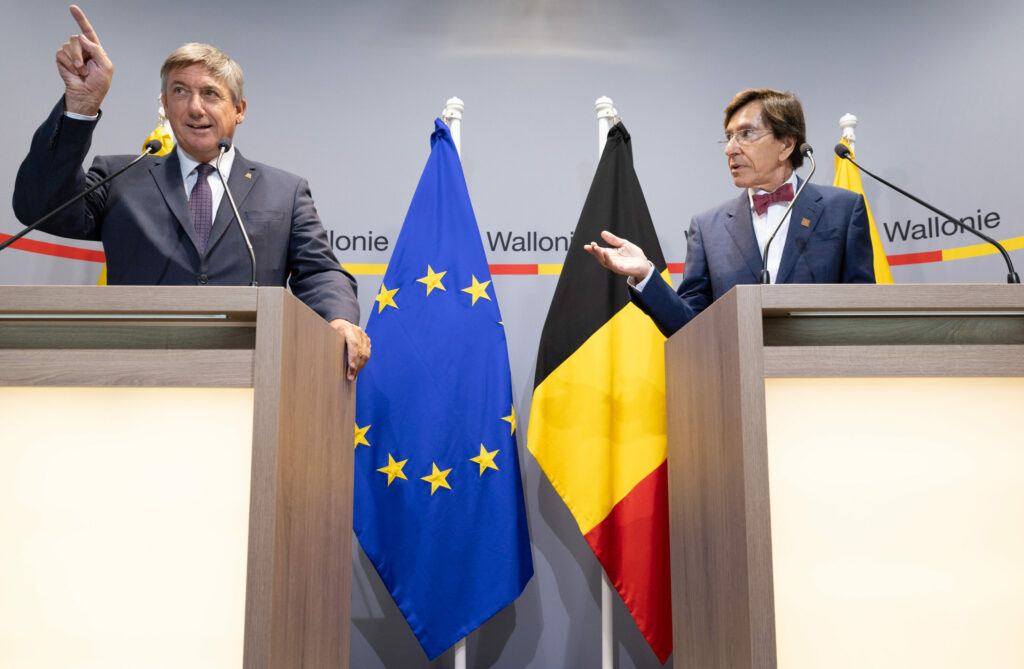The Walloon Government is going before the Constitutional Court to challenge two decrees by the Flemish Government that allow for the extension of powers of the Flemish Council for Permit Disputes, Walloon Minister-President Elio Di Rupo said on Tuesday.
Due to Belgium's federal system, governmental powers are distributed across several levels. This distribution of powers determines the balance between the autonomy (and financing) of the country's different regions and communities, and federal cohesion.
Last summer, however, a Flemish administrative law body – called the Council for Permit Disputes (RVVB) – was given a number of additional powers by a decree: in the future, the RVVB will have to judge spatial planning files that are currently still being assessed by the Council of State – the highest federal court.
Harming the rights of French speakers
Currently, these assessments by the Council of State take 26 months on average, with some cases even taking as long as 42 months – a processing time that has been a "thorn in the side" of Flemish Environment Minister Zuhal Demir for some time.
According to her, the Flemish Council for Permit Disputes is doing much better, with an average lead time of 12 months. The aim is to shorten the time even further to eight or nine months.
However, Wallonia does not accept this extension of powers. After legal advisors analysed the matter, Di Rupo explained that these Dutch-language decrees are likely to "violate the rule of the division of powers between the Federal Government and the Regions."
He argued that this would see the Council of State's power limited by just one federal state. "The Council of State is organised symmetrically, with a French-speaking and a Dutch-speaking chamber. Therefore, this Flemish decision harms the rights of the country's French speakers."
Related News
- 'Bad science fiction': Splitting Belgian railways would threaten nationwide mobility
- Across language borders: Flemish Green MP to stand for election in Wallonia
- PS push for 32-hour working week, Flanders calls it 'unaffordable'
In the Walloon Parliament's committee, Di Rupo was questioned by MPs who were concerned about the "nationalist tendencies of some ministers of the Flemish Government" who aim for a "creeping de-federalisation of the judiciary and Belgian courts."
For Demir, the diplomatic move by the Walloon Government shows once again the impasse in Belgium, "where Wallonia can directly decide on the prosperity of Flanders."
"The demand for a de-federalisation of the judiciary and the administrative courts has never been more urgent and it is once again justified," she added.
According to Di Rupo, contacts have been made with the French-speaking community, which has also appealed.

